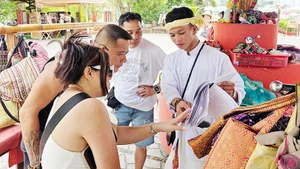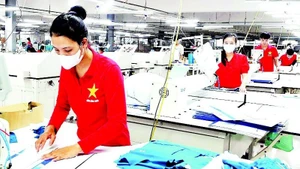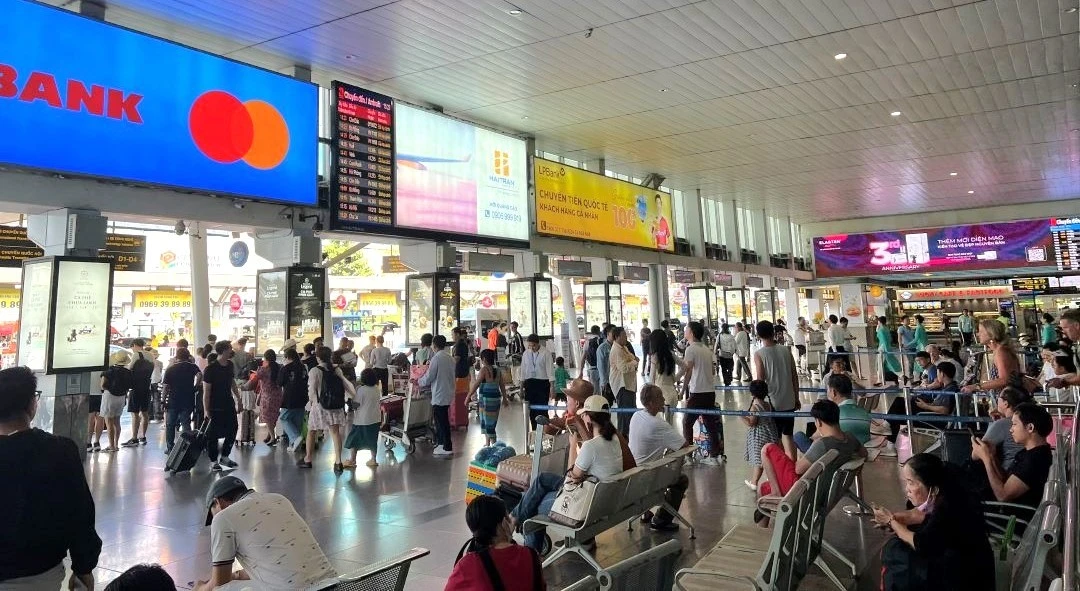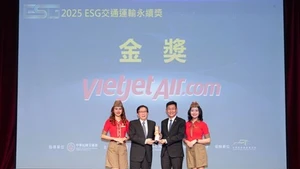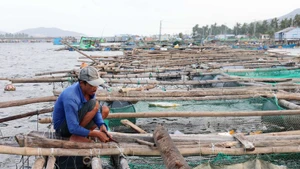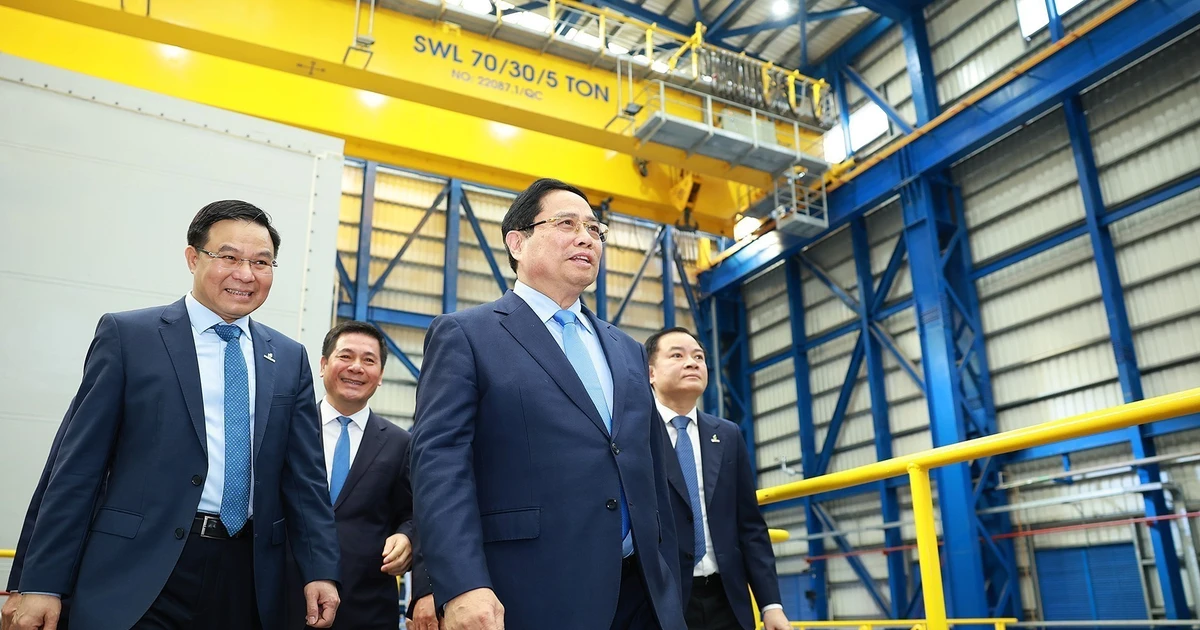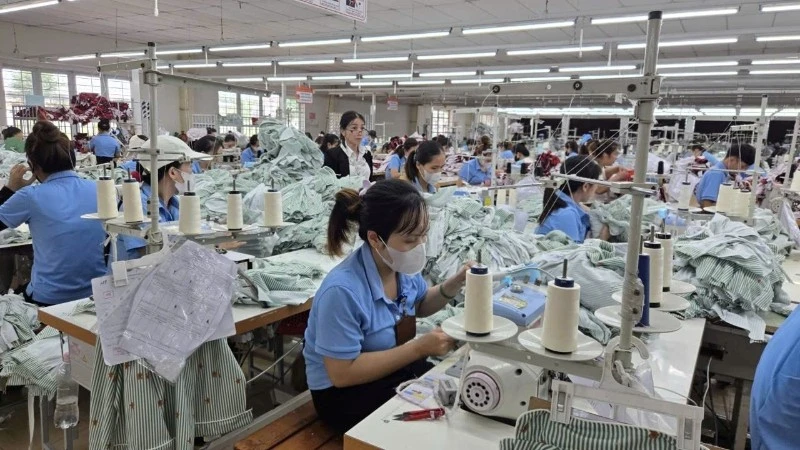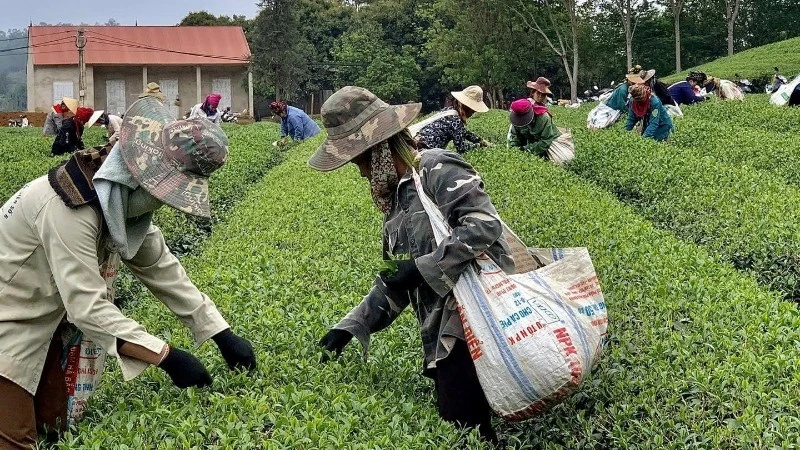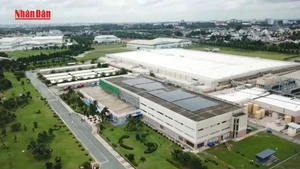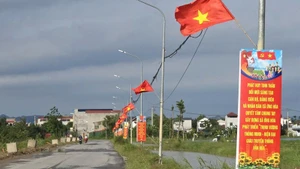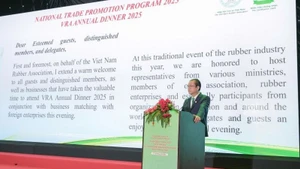It was part of a project to promote private participation in low-carbon emission investment and climate change adaptation in implementing Vietnam’s nationally determined contributions.
After three years in the projects, all dragon fruit farmers are using power-saving LED lights, helping to halve power consumption and cut emissions by 68%.
Dragon fruit farmers also use water-efficient irrigation systems to reduce water usage by 41.67% and install solar systems to provide power for product packaging and irrigation.
In addition, electronic logs are kept to track the carbon footprint of dragon fruits, where QR codes can be scanned to demonstrate the quality and environmental responsibility of Binh Thuan dragon fruits.
The replication of the project results, the standardisation of sustainability and low carbon practices, the promotion of a circular approach and the recommendation of final solutions for replication are opening a new path for Binh Thuan dragon fruits.

